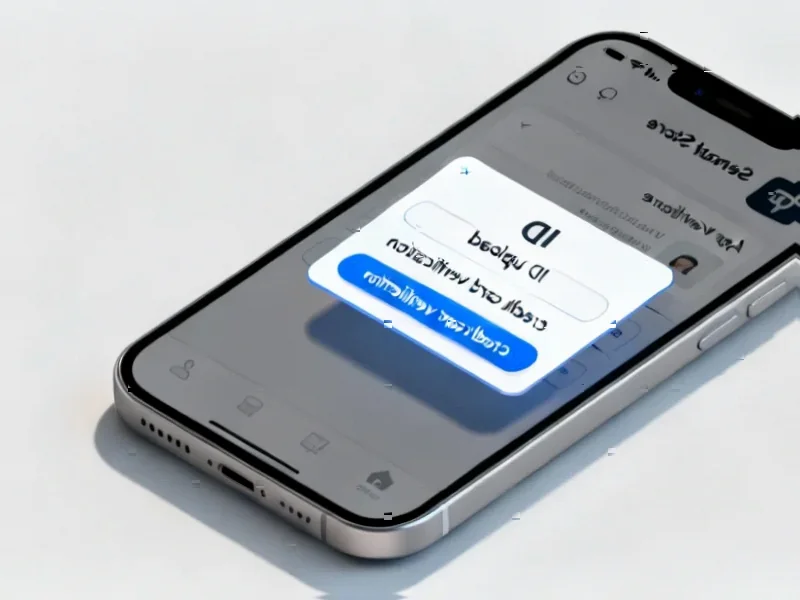According to The Verge, Google and Epic Games have reached a settlement that dramatically changes Android’s future worldwide. Google will cut its standard app store fees to either 20% or 9% depending on transaction type and create a new program for alternative app stores in the next Android version. The changes will apply globally through June 2032 – six and a half years from now – rather than just the three-year US-only injunction previously ordered. Both Google Android president Sameer Samat and Epic CEO Tim Sweeney announced the agreement Tuesday evening, calling it a resolution to their disputes. Judge James Donato must still approve the modified injunction, with discussions scheduled for November 6th.
Android forever changed
This settlement is way bigger than anyone expected. Epic was already winning in court – they had a permanent injunction forcing Google to carry rival stores and stop requiring Play Billing. But that was limited to the US and only lasted three years. Now? Google’s basically surrendering globally until 2032. That’s massive.
Here’s the thing: Google isn’t just opening the doors to competition – they’re fundamentally changing their business model. Cutting fees from the standard 30% down to 20% or even 9%? That’s huge for developers. But the details get messy. Google can still charge fees even when you use alternative payment systems, and they get a cut if you click out to a developer’s website within 24 hours. So they’re not exactly giving up revenue entirely.
Epic’s strategic win
Tim Sweeney’s calling this “awesome” and it’s easy to see why. Epic gets pretty much everything they wanted, and they get to stick it to Apple in the process. Sweeney specifically contrasts this with “Apple’s model of blocking all competing stores” – that’s no accident. He’s positioning this as the anti-Apple solution.
But look at the timing. Epic was literally one Supreme Court rejection away from total victory. So why settle now? Probably because global changes through 2032 are better than risking everything on a Supreme Court appeal. And let’s be real – the fee structure seems tailored specifically for game developers like Epic. That 20% rate for purchases that provide “more than a de minimis gameplay advantage”? That’s basically written for Fortnite.
What actually changes
The biggest practical change might be the death of Android’s scare screens. Google will modify future Android versions so users can install alternative app stores with “a single store install screen using neutral language.” No more friction, no more warnings about security risks. That’s been one of Epic’s biggest complaints since day one.
And developers get more freedom too. They can show alternative payment options side-by-side with Google Play Billing, set their own prices, and even offer discounts for using non-Google payment systems. Google also has to stop paying phone makers and carriers for Play Store exclusivity. Basically, the walled garden just got a lot more porous.
The bigger picture
So what does this mean long-term? Android becomes genuinely open in ways we haven’t seen since its early days. Competing app stores might actually stand a chance now. And the reduced fees could spark a wave of developer innovation.
But here’s my question: is this really about competition, or is Google just cutting their losses? They’re facing antitrust pressure everywhere. Settling with Epic gives them control over the timeline and terms rather than waiting for regulators to impose something worse. Either way, the Android ecosystem we’ve known for years is about to get a whole lot more interesting.




